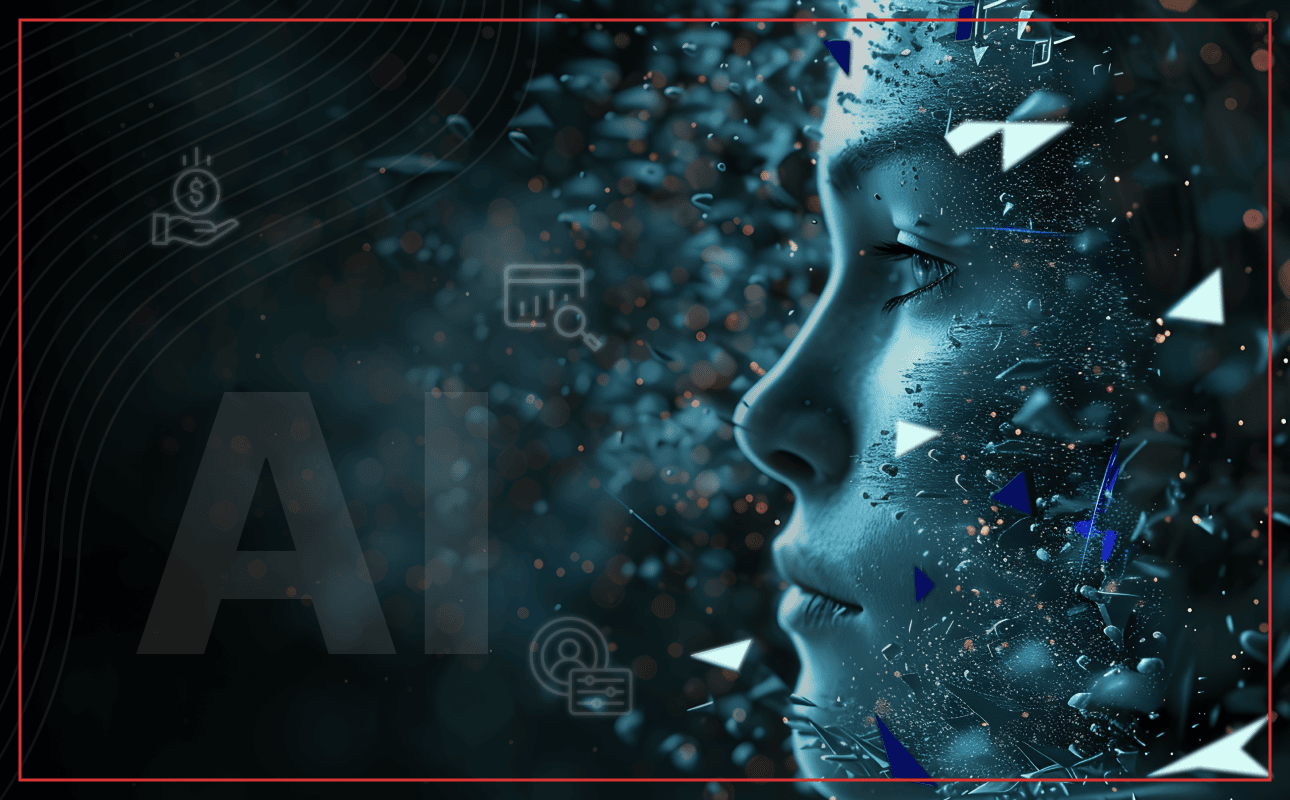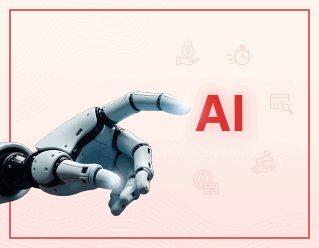Innovation determines the success or failure of startups. Survival in the fast-paced startup ecosystem depends on offering something distinctive that is scalable and delivers value to the market. However, 90% of startup businesses fail despite the talent and enthusiasm that propel them.
Believe it or not, it is a harsh reality. Many of them never make it past the early stages because they fail to innovate, lack market validation, or run out of resources before they can refine their product. So, what could be the answer for budding startups?
As a proven digital transformation company and a startup growth partner, we understand the necessary steps to establish sustainable brands. We believe that the answer to this is to employ AI-enabled Minimum Viable Products (MVPs). It simply changes the game inside out.
AI-enabled MVP development agency helps businesses launch more strategically, iterate faster, and stay ahead of the competition. Artificial Intelligence (AI) can create smart, flexible, and customer-focused solutions while reducing costs and expediting the MVP development process.
Integrating AI into MVPs is a complex process and requires a skilled, practical approach. It is more about becoming aware of the existing growth challenges and brainstorming the right AI & ML solutions with the right use cases. The focus must be on adding value and addressing growth limitations for the foreseeable future.





